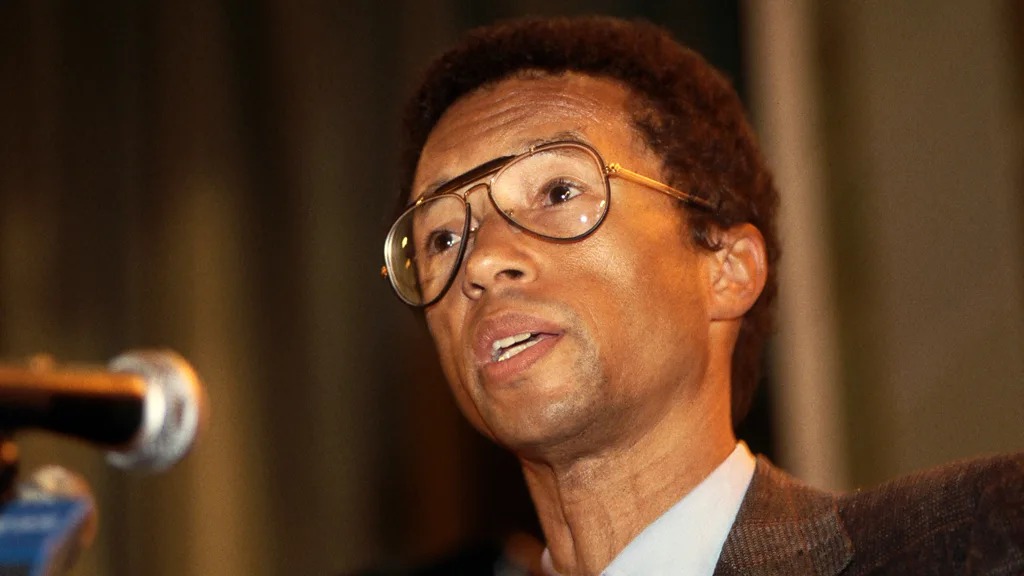
Arthur Ashe’s Aids Announcement
In April 1992, legendary US tennis player Arthur Ashe made a groundbreaking announcement: he had Aids. This revelation, made in a crowded press conference to preempt media exposure, highlighted Ashe’s personal battle with privacy amidst a global Aids epidemic. Ashe, a pioneer on the tennis court as the first black man to win major championships, now faced a public life colored by his diagnosis, which he believed resulted from a contaminated blood transfusion during his heart surgery in 1983.
The Struggle for Privacy
Despite his immense contributions to sports and society, Ashe yearned for privacy regarding his health condition. The press intrusion that forced his public admission was criticized widely, sparking discussions about the boundaries of privacy. Ashe lamented the perceived necessity to share his medical condition but chose to use the situation to raise awareness and break stigmas around Aids. This decision was complicated by the expectation from both public and Aids activists for Ashe to assume a spokesperson role. Despite criticism for his initial secrecy, he maintained that protecting his family’s privacy was paramount until he’d chosen his own timing for the announcement.
Legacy of Advocacy and Impact
Arthur Ashe’s response to his Aids diagnosis went beyond a personal struggle; it expanded into an advocacy for Aids awareness and a broader conversation about privacy rights. After his announcement, Ashe founded the Arthur Ashe Foundation for the Defeat of Aids. His work paralleled his lifelong commitment to social justice, as evidenced by his campaigns against apartheid and efforts to make tennis accessible to underprivileged communities. Ashe’s advocacy even in the face of terminal illness left a lasting impact, showing his dedication to causes beyond the tennis court.
For more detailed insights, explore this BBC article. Additional information on advocacy can be found at Kenkou Land.





